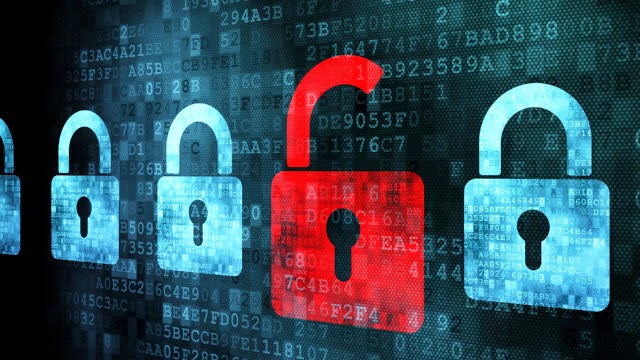By Steven Barasch
I was surprised to learn so many of my family, friends, and co-workers don’t use a VPN on their personal internet devices or even know what it is. This includes X-Box users too. Security and privacy involving the internet can be a very technically boring conversation. I like to compare it to getting undressed with the window blinds open or having a hidden camera in the bathroom to raise their eyebrows. Nope, nothing is scared anymore.
What is a VPN?
A VPN, or Virtual Private Network, is a service that gives you online privacy and anonymity. It provides secure, anonymous internet access and it “tunnels” your connection from your ISP(Internet Service Provider or IP for Internet Provider) to one or more VPN servers, which hides the actual IP address and location of the user.
Bathroom Privacy and Closing the Window Blinds
When you connect to the internet, you don’t want anybody to know what you’re doing. Whether it be for safety or privacy reasons, VPNs are a necessity. A VPN encrypts all of your traffic and routes it through an intermediary server in another location. This way, your IP address (An ‘IP address’ is a string of numbers assigned to an internet-connected device, much like an address on a house) will be hidden, your data will be encrypted, and you can access geo-blocked content. But not all VPN services are the same. Some offer more features while others may provide more security. It can be hard to know who is best for what.
Free VPN Services
Let’s get this out of the way first. Free VPN providers are a waste of time and slow your device down. Not only are the connections slow, but they will bombard you with ads and sell your personal data to third party vendors and in general rape you. That’s how they make their money. Often, they have data usage limits. Manual pdf Some are even loaded with malware and adware urging you to upgrade. The abuse goes on and on.
How to choose
It can be a little mind-boggling reading all the technical jargon when making comparisons from provider to provider. One has this, and the other has that. It comes down to four categories.
- Privacy and logging
- Security
- Speed
- Price
I include “logging” with privacy because VPN logs are the data providers keep about usage of their service. Keep in mind that your provider has access to all of your internet activity, so they can see everything an ISP would normally be able to see. That being said I have reviewed many VPNproviders on many reliable tech sites in my own search for service listed under sources at the end of this article. I made my choice by the ones continually listed in the top five and then narrowed it down to three.
And the winners are
# 1: Nord VPN
NordVPN is the perfect example of the perfect balance between speed, safety, and price. It has servers in over 50 countries around the world, offers an impressive 5 simultaneous connections, encrypts data twice (double encryption), has an automatic kill switch, and utilizes shared IPs among other protective features for ultimate anonymity among many other features that make this service worth checking out!
#2: PIA (Private Internet Access)
PIA is a VPN service that offers some unusual features not often seen in run-of-the-mill providers. While speeds are fairly average, power users will appreciate its great privacy and tools. Very good for geo-blocking (Geo-blocking or geoblocking is technology that restricts access to Internet content based upon the user’s geographical location) for streaming sites like Netflix, Hulu, and Pandora. Excellent for traveling outside of the United States.
# 3: Express VPN
Express VPN encrypts all traffic on public Wi-Fi connections, offers dedicated IP addresses for added privacy, and has a kill switch feature to protect your data from unexpected disconnects. In recent months, this service has slipped in it’s rating due to slower speeds and a change in ownership which could affect their logging policies. Until those speed problems and logging questions are answered it is not high on my short list.
If you want a VPN that offers maximum protection while you’re browsing on public Wi-Fi networks or sensitive websites like your banking site or email account, then ExpressVPN is the best choice for security.
Finally
VPNs are one of the best ways to protect your privacy online. A VPN will encrypt your data, protect your online activity from being monitored by your ISP, and allow you to access blocked content while traveling. Manual pdf
As you shop for a VPN, be sure to consider the following factors:
Privacy- How does the VPN handle your personal data?
Security- What are the protocols and encryption levels the VPN offers?
Unblocking- Is the VPN good for accessing streaming services? Manual pdf
Ease of use- How difficult is it to install and use the VPN on your devices?
Affordability- How much does the VPN cost?
Note: Despite what many believe or are led to believe, a VPN service will not protect you from ransomware. It will not encrypt your email either.
Sources:
https://www.tomsguide.com/reviews/private-internet-access-review
https://www.pcmag.com/picks/the-best-vpn-services
https://lifehacker.com/advisor/best-vpn/
https://www.techradar.com/vpn/best-vpn







